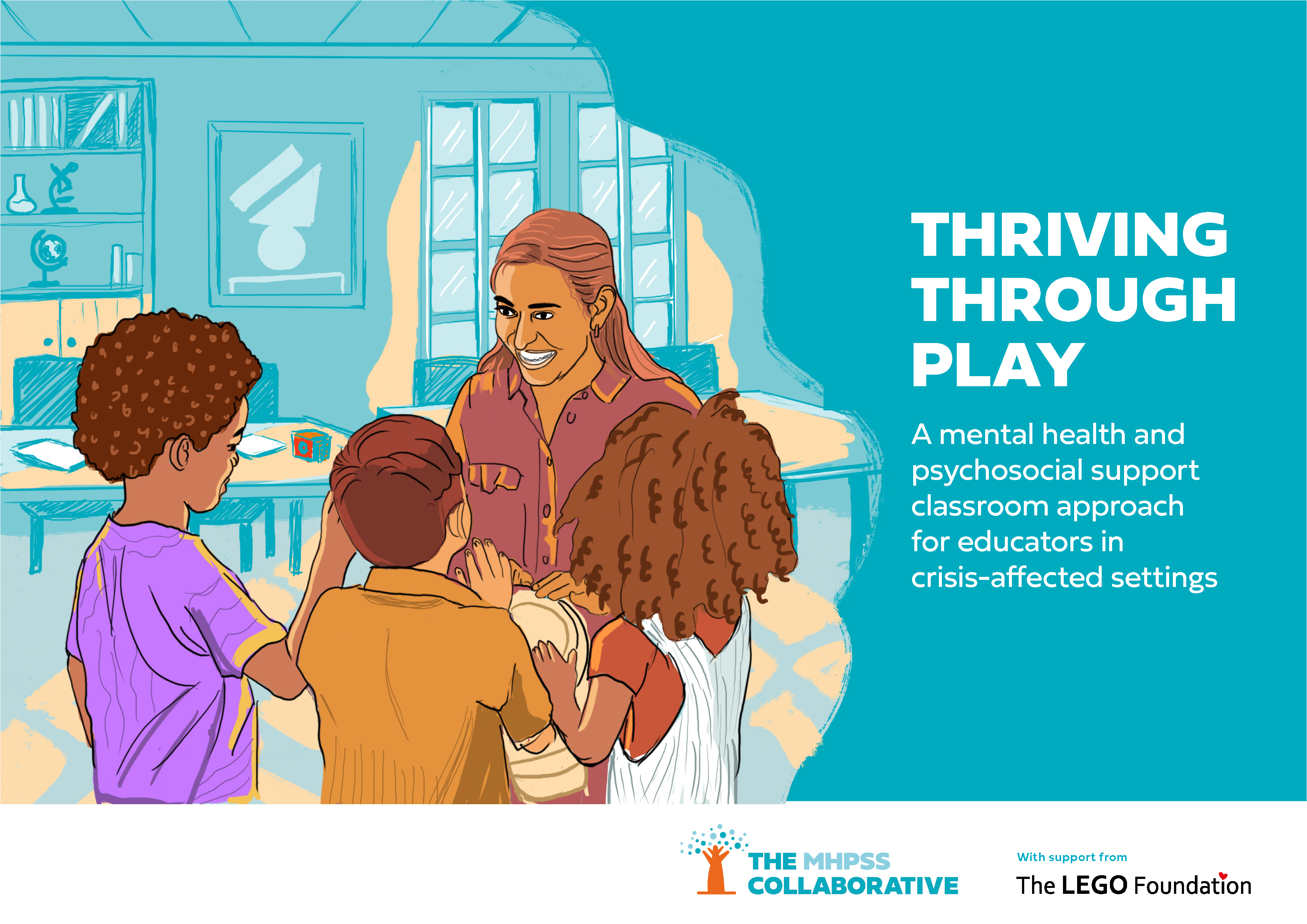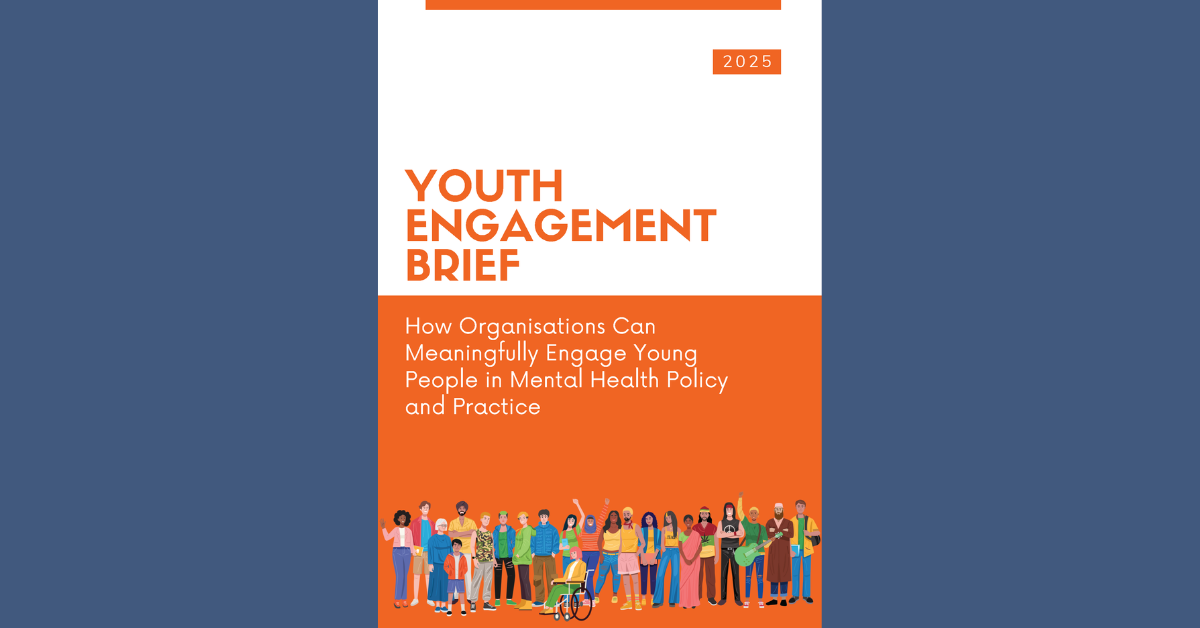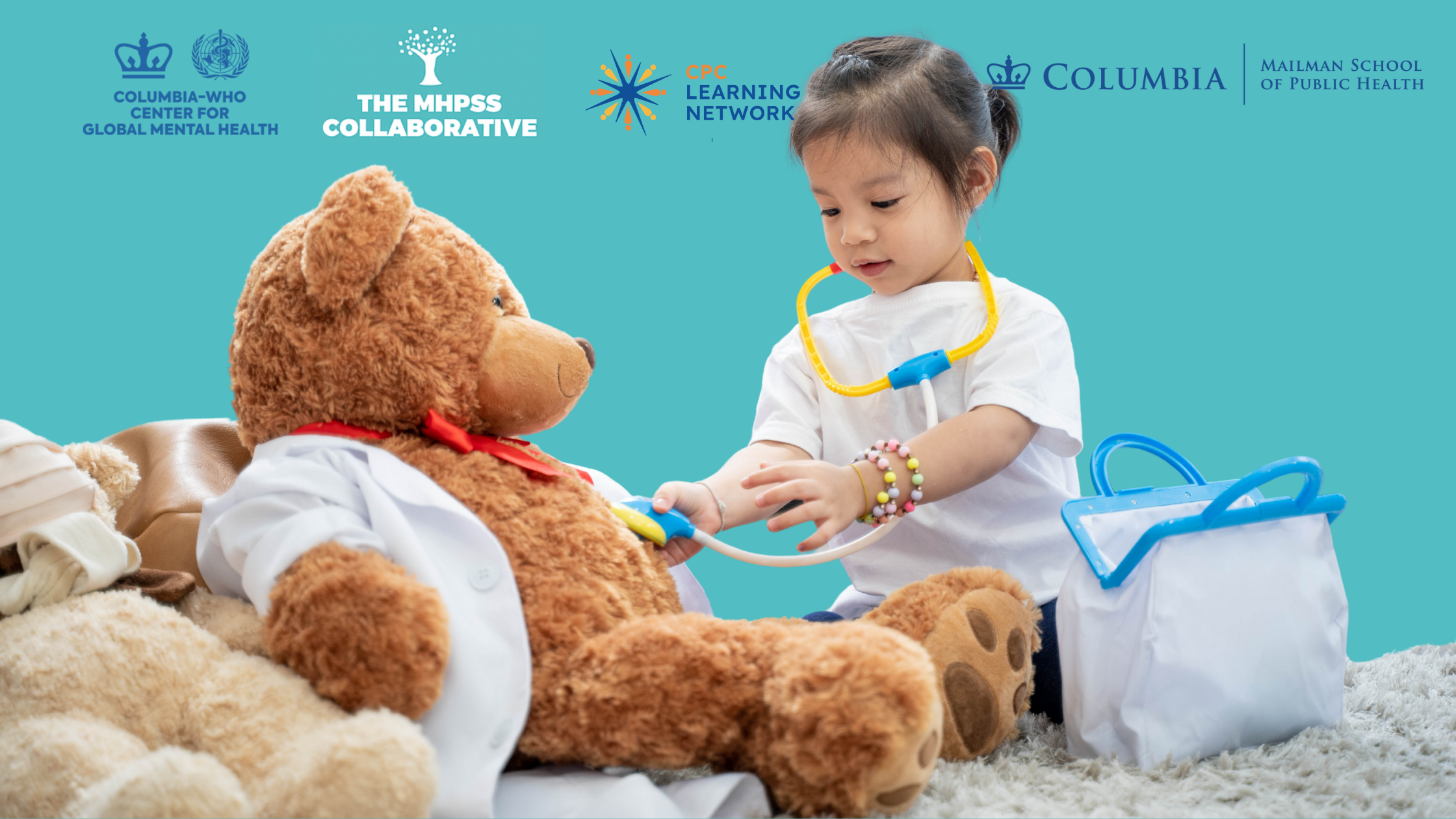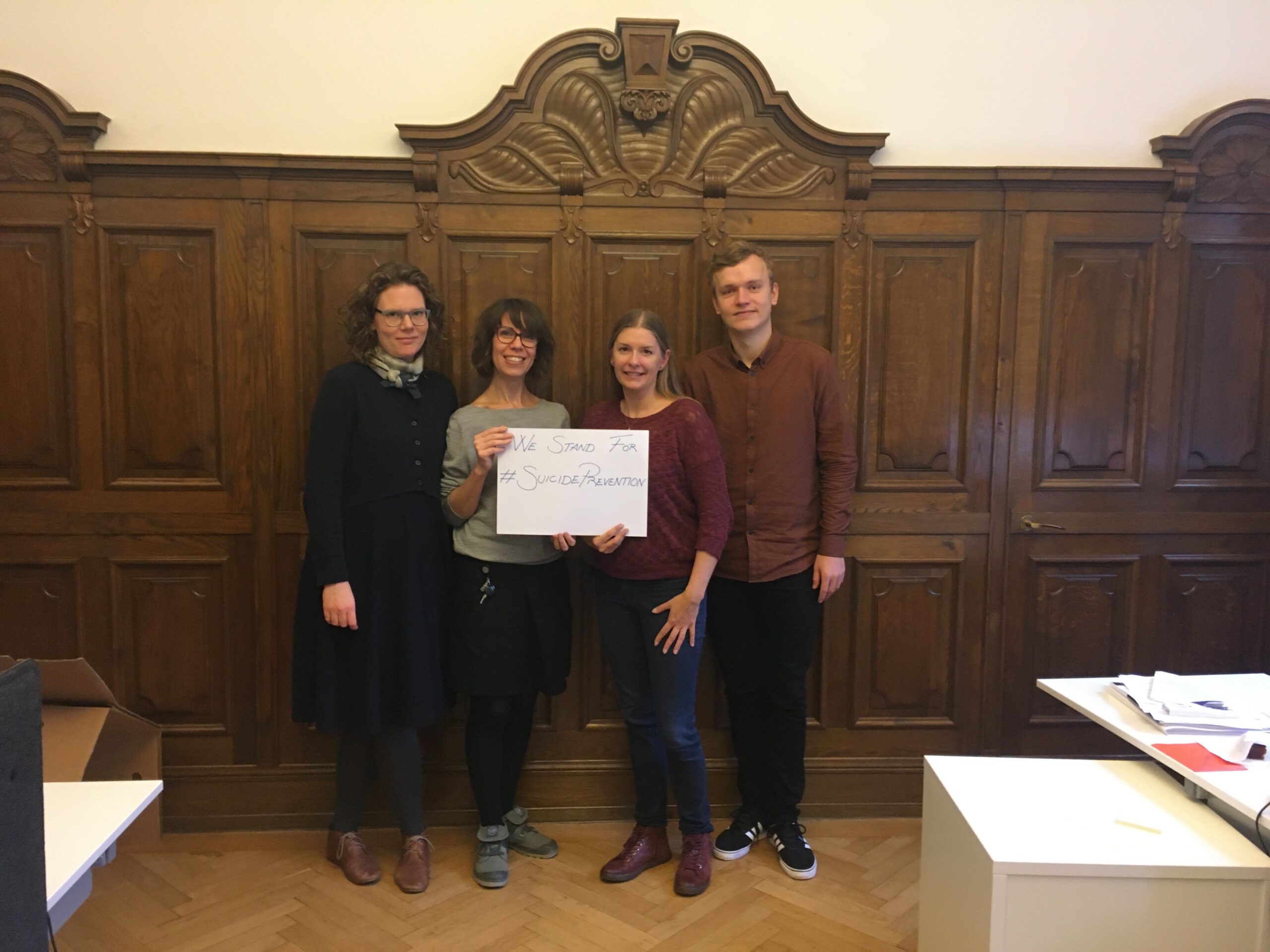Educators and education systems operating in crisis-affected settings play an important role in supporting their students and ensure that the classroom is a place for both learning and wellbeing.
“Thriving through Play” is a training programme for educators in crisis-affected settings. Designed by Ashley Nemiro and Rena Dietz, it was originally developed in close collaboration with the LEGO Foundation and rolled out to teachers across Ukraine with the support of the Ministry of Education and Science of Ukraine.
With this publication, we hope that classrooms all over the world can benefit from play-based approaches to support children’s learning and wellbeing. While the original version of Thriving through Play was specifically developed for the war in Ukraine, this version is aimed at a broader, non-specific, crisis-affected setting. We recommend that future training facilitators adapt examples, cases and settings in the training to their specific context.
The training provides educators with the knowledge, skills and motivation to support their students’ mental health and wellbeing using play-based strategies. It is based on four guiding principles:
- Wellbeing at the centre
- Practical
- Conflict sensitive
- Play-based.
It provides practical tools and activities for teachers to promote student wellbeing, respond to distress, and nurture their own wellbeing. Play-based strategies guide the entire training, including opportunities to draw, play and co-create.
Hybrid format
There is great value in providing trainings on mental health and psychosocial support skills in person. However, in a crisis setting, or if participants live far from each other, this may not be practical or safe. In such cases, the training – or parts of it – can be delivered online. The training guide contains an overall introduction to adapting the training for online delivery, and throughout the guide there are specific tips for adapting exercises.
Flexible schedule
The Thriving through Play training programme is comprehensive and intense. It can be conducted as five full training days or be spaced out over more days. In the training guide we provide suggested training schedules for both five full-day training days or 10 half-day training days.
Content of the training
The training consists of the following modules:
- Introduction to mental health and psychosocial support in the classromm
- Mental health and psychosocial wellbeing and play
- Effects of conflict on children’s wellbeing and learning
- Role of the teacher in supporting wellbeing
- Creating a predictable and playful learning environment
- Positive behaviour support
- Promoting socially interactive learning environments
- Building coping and social emotional skills through play
- Talking about crisis
- Getting additional support
- Teacher’s wellbeing.
To model good practice in the classroom, each training day starts and ends with daily introduction and conclusion routines.
Monitoring and evaluation
The training programme includes tools for monitoring and evaluation, including pre- and post-tests, training evaluation and follow-up evaluation to better understand how the knowledge is transferred and used.
The monitoring and evaluation forms are available both as pdfs and as for online questionnaires via Microsoft Form. The online forms are editable templates, not the actual questionnaires to be shared. This means that each organization can edit and translate the forms to fit their own needs and they will be the only ones with access to the data that is being collected. We do, however, encourage all organisations providing the training to share anonymised, high-level results of the monitoring and evaluation with the MHPSS Collaborative. This will give us valuable insights into how the training is being used, what works well and can help inform our future capacity strengthening projects.







